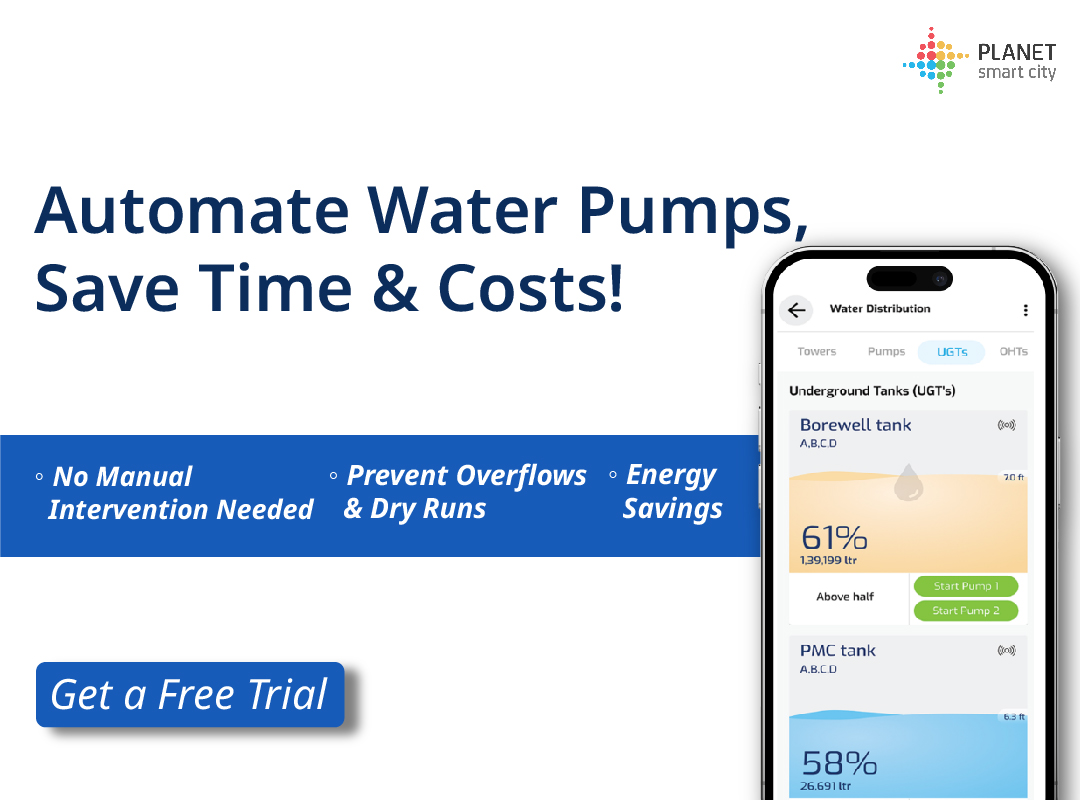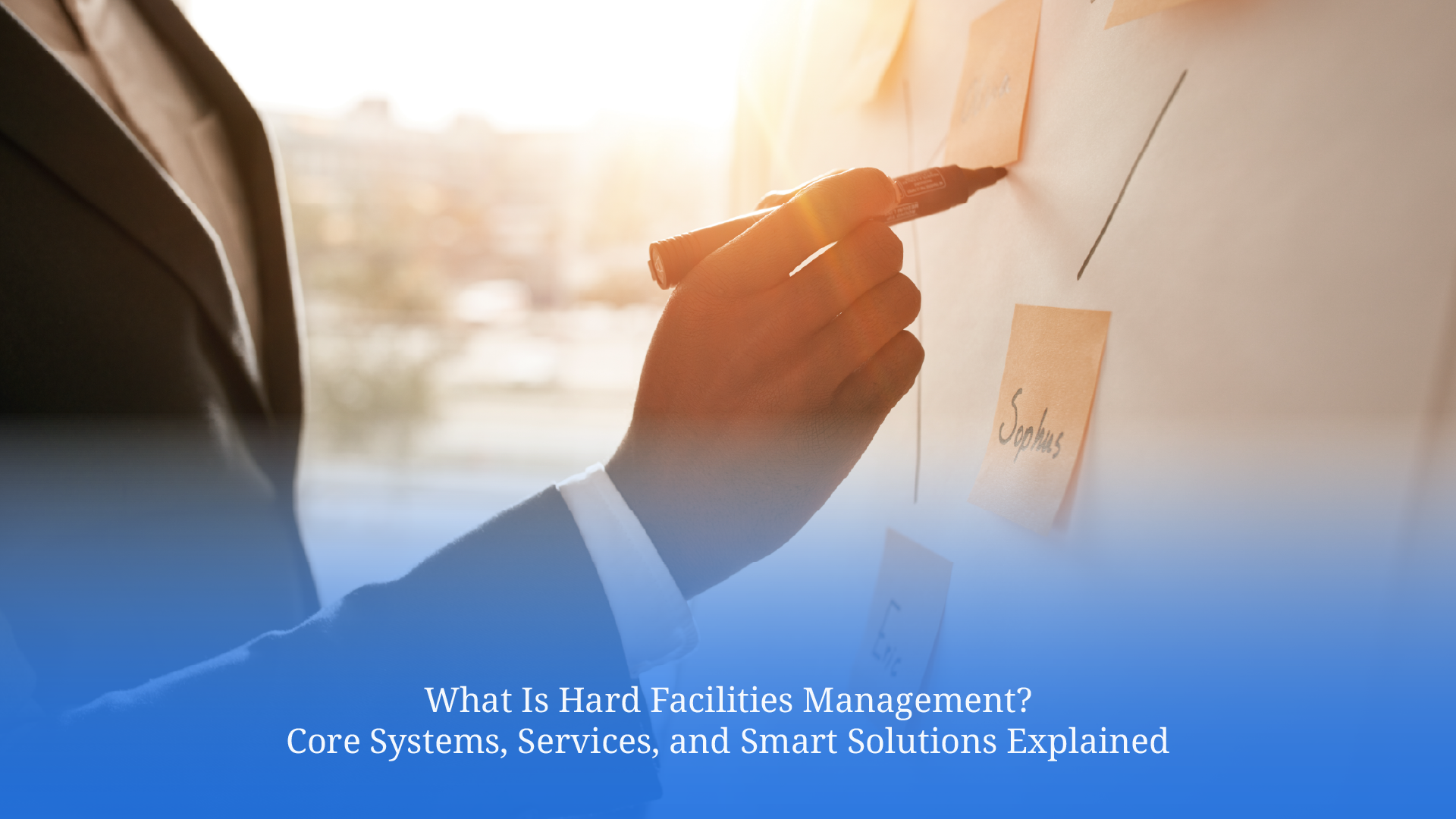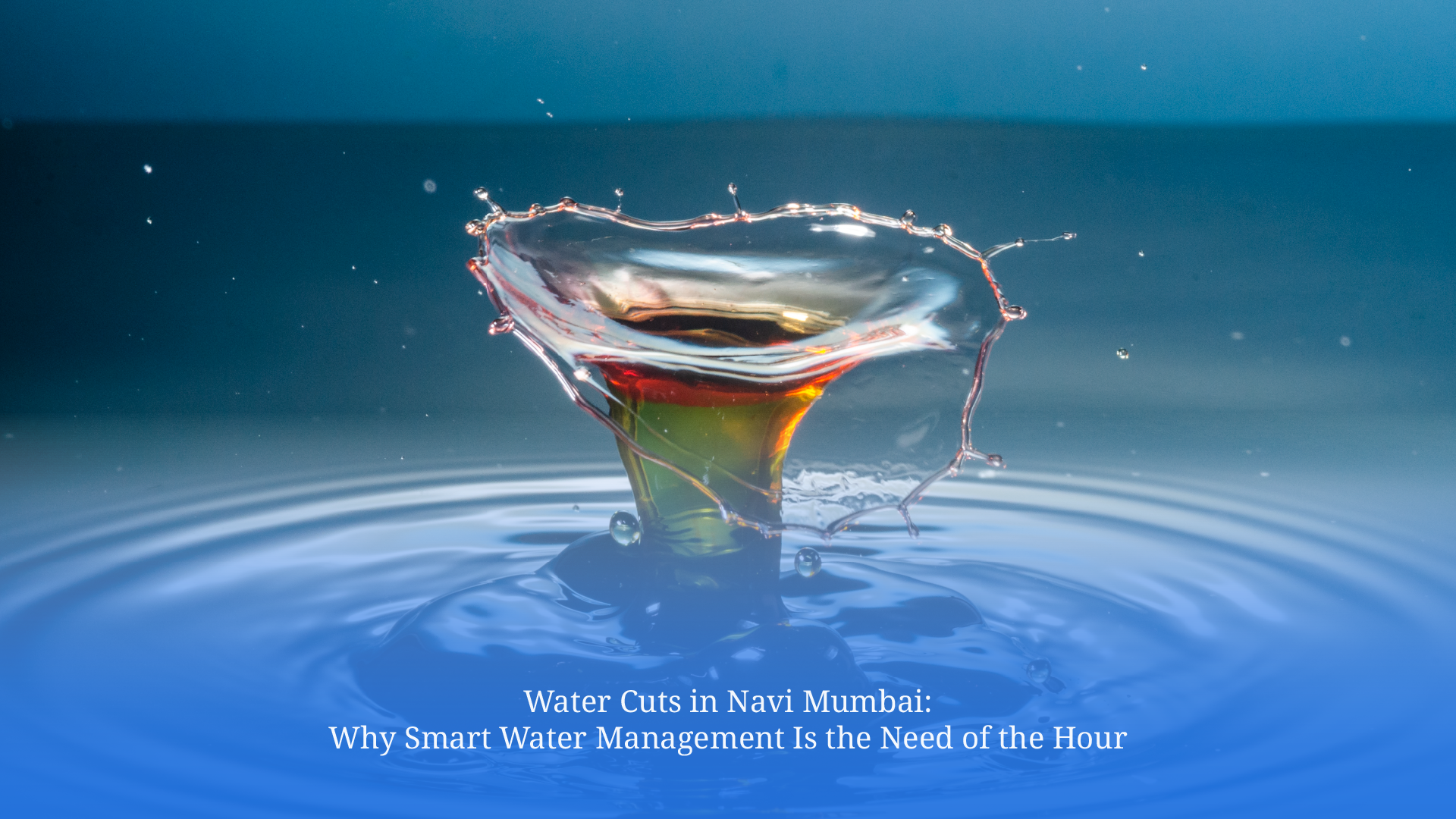Industrial Water Management Practices That Benefit Residential Complexes Too
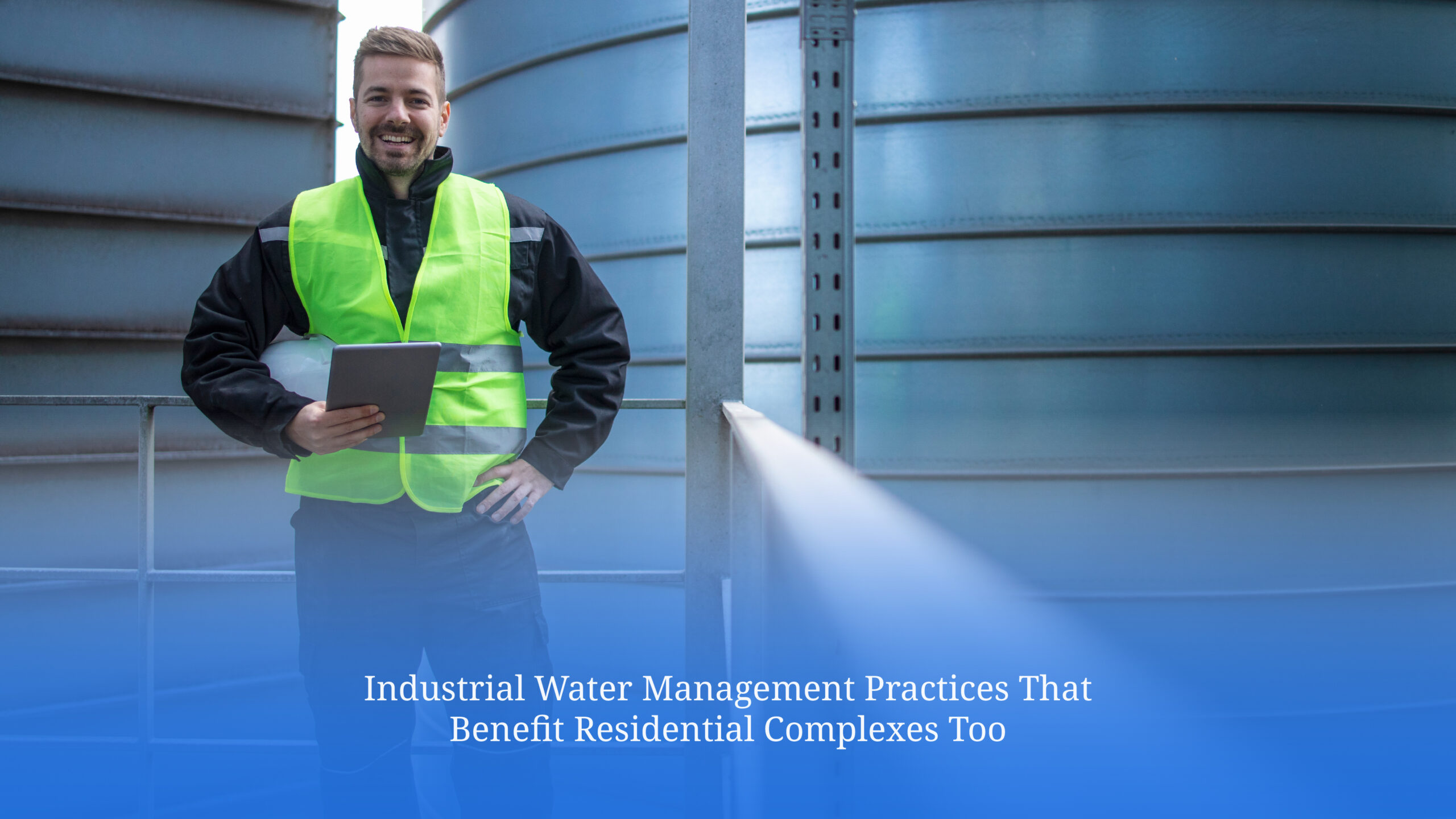
Industrial water management may have started in factories, but its influence is now reaching far beyond factory floors. As urban centres like Pune continue to grow and water resources become increasingly strained, communities are being forced to rethink how they use and manage water. Interestingly, some of the most effective answers already exist—refined over decades in industrial settings. From smart monitoring to advanced recycling, these solutions are now being adapted to help residential societies operate more efficiently, sustainably, and with greater long-term resilience.
Overview of Industrial Water Management
At its core, industrial water management refers to the systematic monitoring, treatment, reuse, and conservation of this resource across production processes. Given the scale at which industries operate, efficiency isn’t just ideal but also essential. From strict government regulations to internal cost-saving goals, industries have long been pioneers in water optimisation. Common practices include greywater recycling, precision leak detection, and closed-loop systems, all designed to reduce waste and improve efficiency.
These strategies are now gaining traction in residential communities that want to move beyond basic water saving tactics and embrace sustainable, future-ready infrastructure.

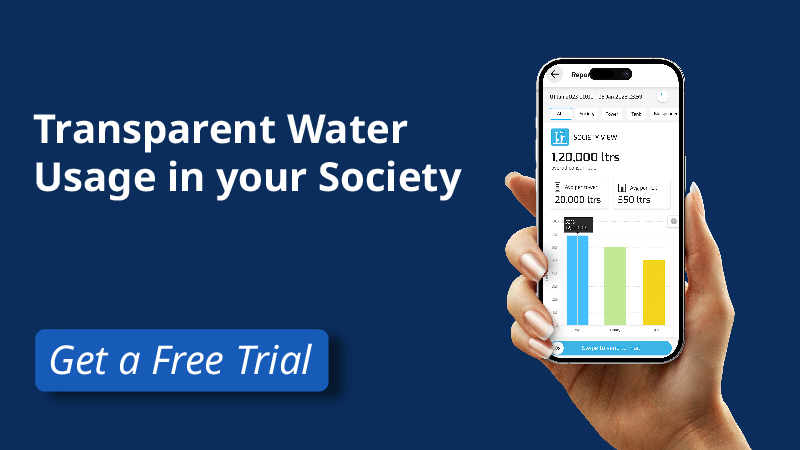
Key Industrial Water Management Practices
Curious how industries do it better? Let’s break it down.
-
Water Recycling and Reuse
One of the most widely used strategies is water recycling and reuse. In industrial setups, greywater is treated and repurposed for non-potable functions like cooling or equipment cleaning. Similarly, residential complexes can reuse treated water for flushing, landscaping, or washing common areas; therefore cutting down municipal water reliance significantly.
-
Rainwater Harvesting
This one’s another important method. Factories often implement large-scale collection systems that store rainwater for operational use. Housing societies can follow suit by installing efficient rooftop collection, filtration, and underground storage solutions that help recharge groundwater and supplement supply.
-
IoT-Based Monitoring
IoT-based monitoring is now a standard in modern factories. It offers real-time visibility into water usage, pressure fluctuations, and leakage points. Platforms like Planet SIM bring this same intelligence to housing societies by automating tank refills, sending alerts for anomalies, and providing consumption insights, too.
-
Closed-Loop Systems
In industrial settings, water is often recirculated within a closed-loop, minimising wastage and discharge. While full-loop systems may not be feasible in residential setups, partial loops—for example, redirecting treated greywater to irrigation—are entirely achievable and impactful.
-
Advanced Filtration and Treatment
Lastly, advanced filtration and treatment technologies such as membrane filtration, UV purification, and RO are being adapted into compact systems for housing societies. These ensure water quality in reuse scenarios.
Industrial Wastewater Treatment and Its Residential Benefits
Industrial wastewater undergoes stringent treatment processes to meet environmental norms. Techniques include sedimentation, aerobic/anaerobic treatment, chemical dosing, and high-level filtration. These technologies have paved the way for decentralised wastewater treatment models now being adopted by residential projects.
For communities, the biggest benefit lies in on-site sewage treatment plants (STPs). These allow societies to recycle domestic wastewater and use it for flushing or irrigation, reducing their fresh water demand by up to 40%. Treated water also ensures cleaner discharge into municipal systems, promoting better environmental outcomes.
As cities grow and centralised systems face increased pressure, such decentralised solutions can enhance resilience and reduce costs in the long run.
Challenges in Transferring Industrial Practices to Residential Use
Despite their effectiveness, industrial methods aren’t always easy to replicate in residential environments.
Cost is a major barrier. High-end treatment and monitoring systems often require upfront investment, which many societies may find daunting without developer support or phased implementation.
Scale and usage patterns also differ. Industrial facilities operate with predictable water demand, whereas residential consumption is sporadic and varies daily. Systems need to be re-engineered to suit this flexibility.
Moreover, technical know-how can be a gap. Resident welfare associations and facility teams may not be equipped to manage or even fully understand complex water systems. This only leads to underutilisation.
To bridge these gaps, the key lies in customisation and simplification. Our Planet SIM is designed to bring industrial-level control to residential settings—but in a form that’s intuitive, accessible, and easily scalable. Meanwhile, integrated township models that incorporate these systems from day one eliminate the retrofitting challenge altogether.
A Smarter, Sustainable Future for Communities
The shift toward smarter, more sustainable water management isn’t just about cutting costs or ticking ESG boxes; it’s about long-term resilience. Industrial practices have shown us what’s possible when efficiency and responsibility come together at scale. For residential communities, the opportunity lies in adapting those learnings through thoughtful design and tailored technology.
At Planet Smart City, we believe the future of urban living depends on how intelligently we manage our resources. That’s why our platform, Planet SIM, brings the power of real-time monitoring, automation, and data-driven insights to residential societies—enabling proactive, precise, and sustainable water use. From leak detection to automated refills, Planet SIM gives communities intelligent water control—without the complexity of industrial systems.
Better water management doesn’t have to begin in a factory. It can start right at home. So, are you ready to make the shift? Talk to us today and discover how Planet Smart City can help your society lead the change.

